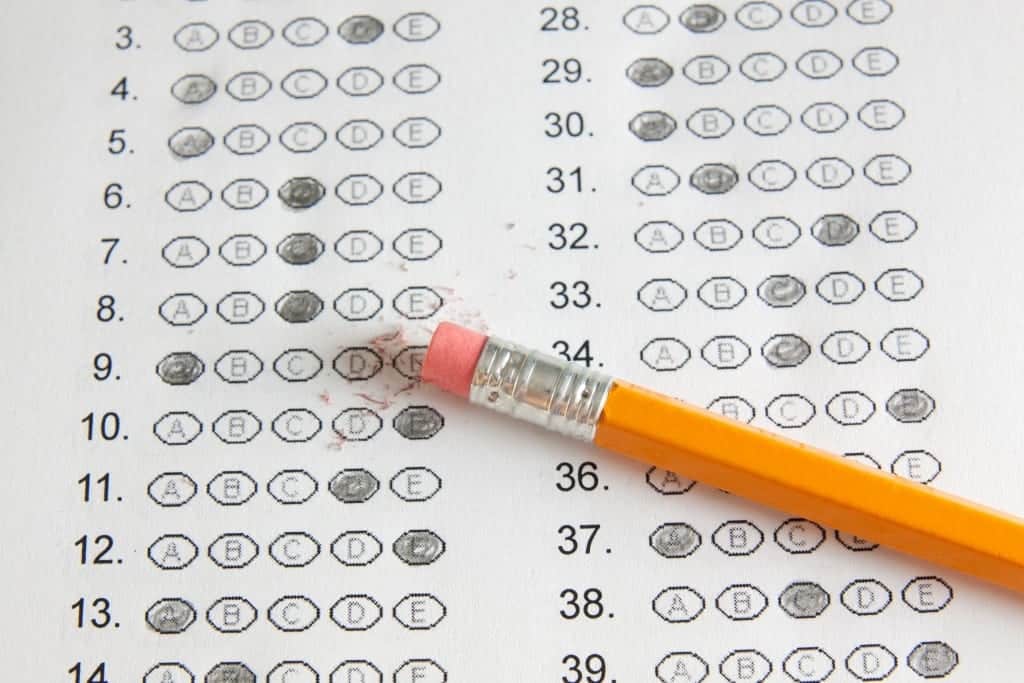Med School Admissions: How to Overcome a Low Gpa
0 Comments

February 5, 2017 in Admissions, Medical School
A common misconception about becoming a physician, is that it is necessary to have a stellar academic record in order to be admitted to medical school. Many people are discouraged from applying to medical school because they believe that their grades prohibit them from being accepted. Although a low gpa (grade point average) will make things more difficult, it is possible to get into medical school without excellent grades.
The first step is to evaluate your gpa. The average gpa for people who are admitted to medical school is 3.7. If your gpa is only slightly below this (within 2 points) you likely have no cause for concern. However, if your grade point average is significantly lower than 3.7, you will have more work to do. Carefully evaluate your grades, is your low grade point average the result of one difficult course, or did you consistently receive low marks? A single low grade is less problematic than a trend of underachievement. It is also helpful to evaluate if your low grades are in science or non-science courses. Medical schools will be more hesitant to offer admission if you consistently had difficulty with science courses because they will be concerned that you will be unable to handle the coursework in medical school.
You will also need to evaluate your other qualifications. Look at your MCAT score, research experience, and extracurricular activities. If you have a low gpa, you will need to make sure that you are well above-average in these other areas. This is especially true for the MCAT. If your grades are not impressive, you can compensate with a strong performance on the MCAT. If you have already taken your MCAT and were disappointed with the results, you should plan to take it again. Begin preparing for the test at least 4 months in advance and set aside time each day to study. There are many MCAT prep books and courses available. These can be quite useful but some are rather expensive. The most important part of preparing for the test is to practice answering MCAT style questions. The AAMC has sample questions and mock exams available for purchase on their website. Most of the products are reasonably priced and will serve you well as you prepare for your exam. In addition to a strong MCAT score, experience in research can be helpful in compensating for a low gpa. Talk to your science professors about assisting them in the lab during your free time. Be sure to be an engaged and reliable worker during your time in the lab. Although it is unlikely that you will be allowed to have a major role in the project, if you work hard and foster a good relationship you may be listed as an author of any papers that result from your research. This would be extremely beneficial to your application. In addition to research experience, it is also helpful to show schools that you have interests other than medicine. Although strength in extracurricular activities will not cancel out bad grades, it can give admissions committees a better idea of who you are as a person. If you make yourself appear interesting, it can improve your chances of getting invited for an interview.
Over the past several years, medical schools have discovered that their admissions process has been less than ideal. They have been finding consistently that there is a subset of applicants with strong grades and test scores who fail to perform well as medical students or physicians. This lead to the realization that the smartest people are not necessarily the best doctors. For this reason, medical schools are beginning to look at alternative methods for selecting people for admission. This is great news for students who have a low gpa. Because schools are now emphasizing qualities other than grades, students who would have previously been overlooked due to their grades now have a better chance of being noticed by medical schools.
The AAMC has identified 8 skill sets that they have called Pre-professionalism. These skills are: service orientation, social skills, cultural competence, teamwork, ethical responsibility, reliability and dependability, resilience and adaptability, and capacity for improvement. Medical school admissions committees are now especially invested in admitting people who possess these pre-professional skills. Research has demonstrated that medical students with strong pre-professional skills perform better in introduction to clinical medicine courses, clinical clerkships, and score better on the OSCE exam. Therefore, if you are able to demonstrate that you possess the desired pre-professional skills, you will greatly improve your chances of admission.
The personal statement is the ideal medium to showcase your pre-professional skills. This essay gives you a vital opportunity to tell medical schools about yourself. The personal statement is the only opportunity you have during the first round of the admissions process to show schools that you are a good fit for their program; and that you possess the desired pre-professional skills that they seek. If executed correctly, your personal statement be the deciding factor that earns you an invitation to interview. Choose several pre-professional skills and use your personal statement to provide concrete examples of how you possess these skills. The personal statement is an extremely important part of the medical school application in general, however, it is especially important for applicants with a low gpa. It provides the opportunity for admissions officers to look past the low grades and see the future physician. For this reason, it is wise to obtain professional help with your essay. An experienced editor will know what schools want, and will guide in writing an essay that will help you get into medical school.